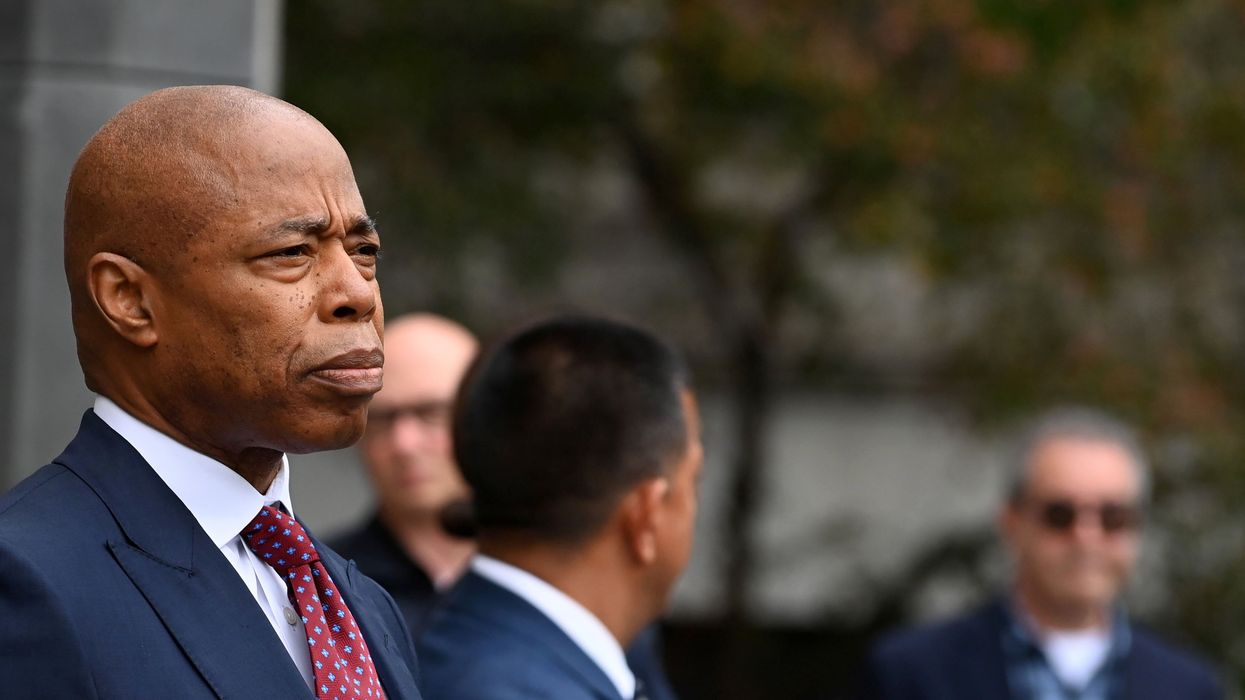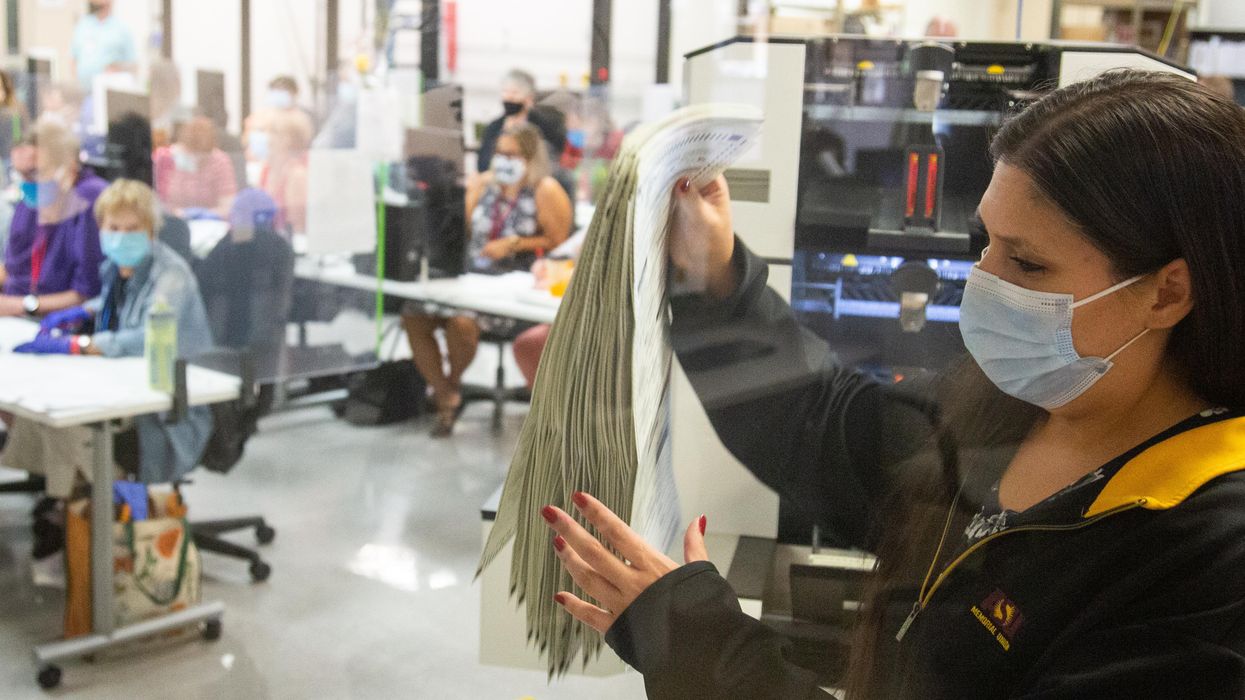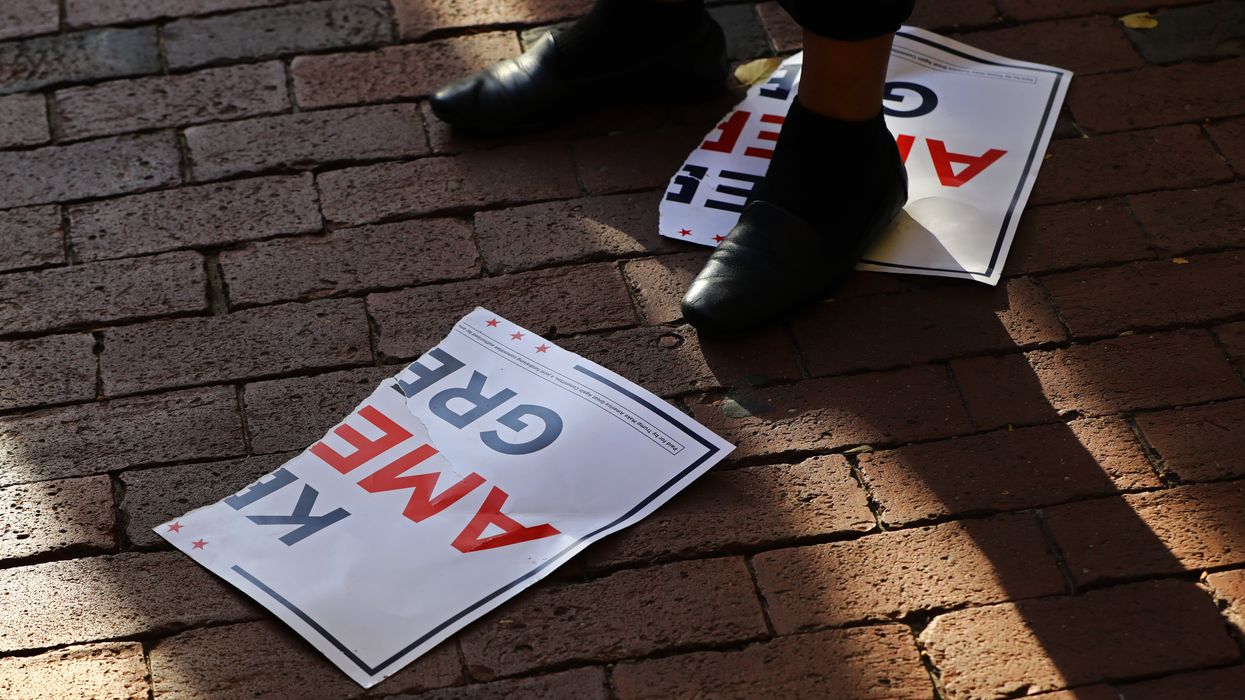Nate is a communications consultant for RepresentUs, a nonpartisan organization focused on minimizing corruption in the U.S. political system.
In 2009, comedian Robin Williams quipped, “Politicians should wear sponsor jackets like NASCAR drivers.” Just one year later, the Supreme Court decided to drive in a different direction. Citizens United v. Federal Election Commission opened the floodgates to dark money, exacerbating our existing political corruption problem.
George Santos was expelled from the House of Representatives on Dec. 1 for defrauding campaign donors and members of his district, but the entire saga should be seen as a broader indictment of a broken system that enables (and seemingly encourages) political corruption. Santos was enabled by insufficient reporting laws and ineffective federal oversight. As the Campaign Legal Center reported, “Dysfunction at the FEC has reduced transparency in our elections and faith in our political system.”
In its 56-page report, the House ethics committee concluded, "Representative Santos sought to fraudulently exploit every aspect of his House candidacy for his own personal financial profit.” Santos is accused of utilizing campaign funds for Botox treatments, luxurious clothing and even an OnlyFans subscription.
Santos’ alleged pattern of fraud and corruption only came to light after his election in early 2023, when local media discovered Santos had fabricated virtually his entire resume. Despite the breadth of his lies, he might have gotten away with it if he'd just been a bit more careful.
Why was it so easy for Santos to “fraudulently exploit every aspect” of his campaign? As it turns out, it’s pretty easy to scam a broken system.
The system is so broken that members of Congress routinely get away with legalized insider trading. The existing system also encourages members of Congress to spend more time raising money than serving their constituents. And we’ve seen numerous examples of other lawmakers “ gaming the system ” for personal gain thanks to campaign finance loopholes. We shouldn't be surprised that someone saw our broken system as ripe for exploitation.
We must see Santos’ fraud for what it is — the natural byproduct of a broken system in desperate need of reform.
Fortunately, there is hope! Grassroots anti-corruption groups like RepresentUs are fighting to strengthen campaign finance laws and put strict limits on special-interest campaign funding. The problem is so much bigger than any one politician. To uproot corruption, we must fix the broken system that encourages it to flourish.



















